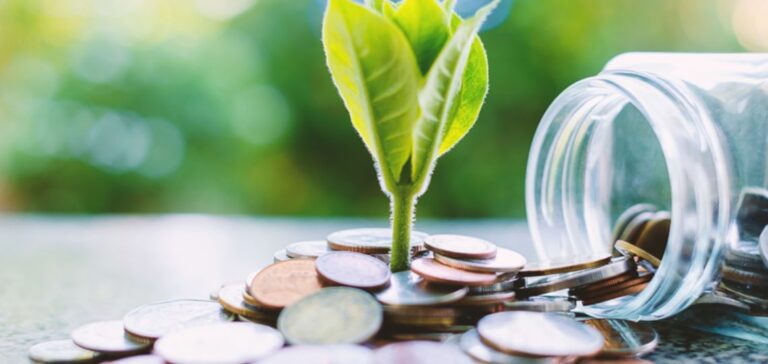Financing new nuclear reactors? Decarbonizing the economy? The defense effort? Proposals abound for channelling the abundant savings of the French towards the political priorities of the moment, but the method for achieving this is still a matter of debate.
Record savings in France: challenges and paradoxes in the face of long-term financing needs.
“We’ve never seen so much savings in France,” says Ada Di Marzo to AFP. Between the money put aside by the French during the Covid pandemic and the money they invested in regulated passbook savings accounts (A, LDDS, LEP, etc.) to take advantage of interest rates that have become attractive again thanks to inflation, “the amounts are colossal”, adds the managing director of Bain & Company’s Paris office. “Gérard Bekerman, President of the French Savings and Retirement Association (Association française d’épargne et de retraite – Afer), adds: “To take just the main segment of French savings, life insurance represents 1,900 billion euros.
On the regulated side, no less than 542 billion euros were invested in Livret A and Livret de développement durable et solidaire passbooks in May. A very popular concept since last autumn, sobriety consists not only of “paying attention” to gas and electricity consumption, “but increasingly of making it a way of life”, notes economist Patrice Geoffron:
“All this is obviously not conducive to relaxing savings,” adds this member of the Cercle des économistes, present in Aix-en-Provence for the Rencontres économiques held there every summer. A paradoxical situation, according to Cercle vice-president Christian de Boissieu. “The need for long-term financing has never been greater, and yet we are living in a period where the preference for short-term savings has never been stronger,” he says.
Proposals to channel the financial resources of the French towards the energy transition.
But the mass of savings available obviously attracts a great deal of interest. We need to find 413 billion euros for defense by 2030? The Senate votes to create a “Livret d’épargne souveraineté” savings account to capture a portion of household savings. Need more than 50 billion euros to finance six new nuclear reactors? Caisse des dépôts et consignations CEO Eric Lombard proposes dipping into regulated savings. The government wants to attract green industries to France? French Minister of the Economy Bruno Le Maire unveils his “climate future savings plan”.
“Savings have benefited the French for decades to cope with unforeseen events; now they must benefit France as a nation that wants to develop,” sums up Gérard Bekerman. “The question is, how?” moderates Ada Di Marzo. To finance the ecological transition, for example, an effort quantified by a recent report at 66 billion euros of additional investment per year, “there is a real challenge to transform the range of savings products” by offering more than just regulated products, explains Patrice Geoffron. “I’m not in favor of creating a Livret vert or a Livret défense,” retorts Eric Lombard to AFP.
Reflections on the segmentation and consent of savers to finance the energy transition.
These new products would “segment” savings and “make it less flexible” to handle. The question of investor consent also remains to be resolved.
“The fact that we need to reduce humanity’s carbon footprint, I don’t think anyone debates that anymore,” says Ada Di Marzo. But “nuclear power can be very divisive”, she warns.
“That’s exactly why I spoke about it at the Assemblée Nationale” in January, during the hearing prior to his reappointment as CEO of Caisse des Dépôts, retorts Eric Lombard. “In the diversity of the Assembly’s groups, there was no opposition to my appointment. If that (nuclear financing through regulated savings) had been a red rag, perhaps one group” would have voted against the renewal, he confided to AFP.
Even if it’s up to the public authorities to decide how savings are allocated, “the only thing savers have to say is that they should put their savings elsewhere. It’s a very powerful reminder,” concludes Patrice Geoffron.






















